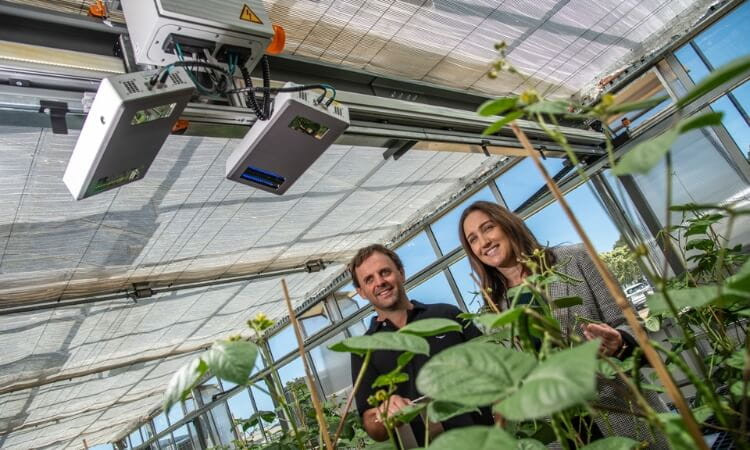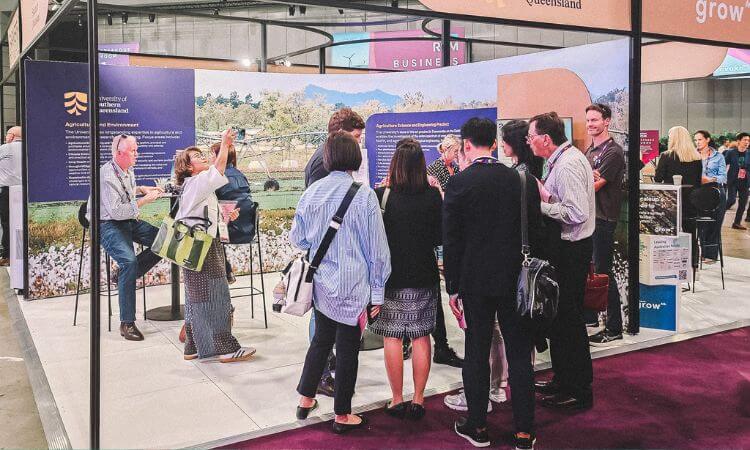Mangroves are nature’s experts at living in a state of in between.
They belong to both the land and the ocean, the salty waves and the freshwater creeks. They are perpetually dying even as they grow new life. They offer a home to creatures on legs, wings, fins and claws. They thrive in spaces that defy clear definition.
New work from University of Southern Queensland senior lecturer Kate Judith shows this state of interstitially that exists in mangroves offers rich opportunities for humans to learn from.
Her book explores the deep ideas of what mangroves can teach us about our own state of living.
The academic text was released this month (December 15) and adds to Australia’s contribution to the growing discipline of environmental humanities.
The interdisciplinary field is still in its infancy in Australia and examines the exchange between traditional humanities and studies of the natural environment.
For Dr Judith, mangroves are the perfect environment to explore new ways of thinking that don’t hold people at their centre.
“I wanted to look at mangroves up close as a space where our categories are naturally being challenged and ways of living are always on the move,” she said.
“Mangroves been very influential throughout human history as sites of abundant resources where so many groups have foraged and found sustenance.
“They're really important now as a new kind of in between, as some of the ecosystems of the world that are both most threatened by and also most responsive to climate change.
“The categories of human classification seem to hold us into ways of thinking that aren’t so well-suited to dealing with the challenges of climate change and biodiversity loss.
“That’s why it can be helpful to explore the in-between, where classification remains unresolved.”
Dr Judith said a shift away from human-centred perspective was a key aspect of the environmental humanities as a discipline.
“The environmental humanities asks two interconnected questions: what can the humanities offer towards environmental concerns; and what can environmental knowledge and perspectives offer the humanities?,” she said.
“It is enriching environmental debates and issues by connecting them with literature, history, philosophy, social theory, semiotics, and anthropology.”
Dr Judith has studied and worked in both environmental sciences and the humanities for more than 30 years and was awarded her PhD in 2021.
Her thesis forms the basis for her new book and includes examination of mangroves along Australia’s east coast, with particular focus on the mangroves of Cooks River and the Georges River in Sydney.
A chapter of Dr Judith’s book will be published as open access after she was awarded a 2022 Publication Subsidy Scheme Award from the Australian Academy of Humanities.
Exploring Interstitiality with Mangroves: Semiotic Materialism and the Environmental Humanities by Dr Kate Judith is available now from Routledge.



